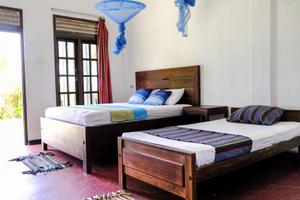

Sri Lanka Marine Conservation Project
Protect a wetland of international importance and a coastal complex known as a biodiverse marine paradise!
Activities
Please note that itineraries are subject to change, and what follows is simply a guideline.
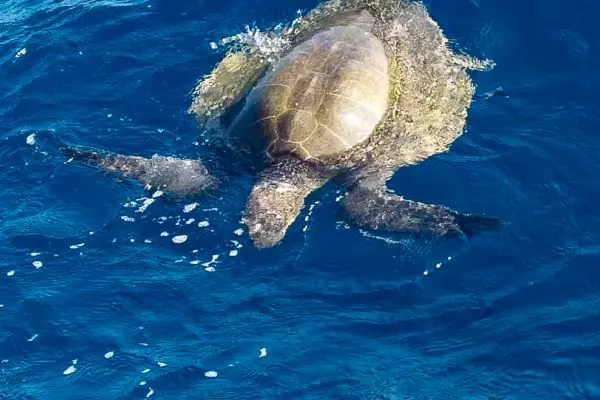
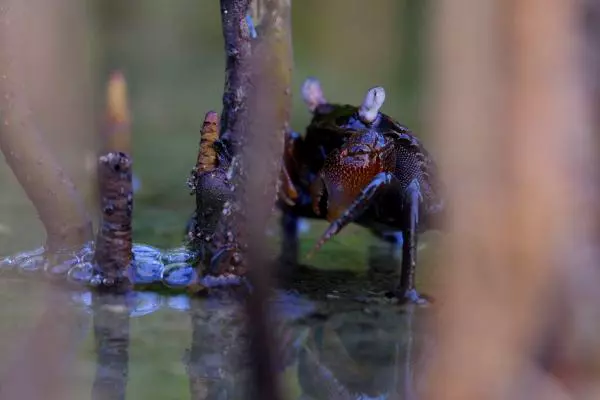
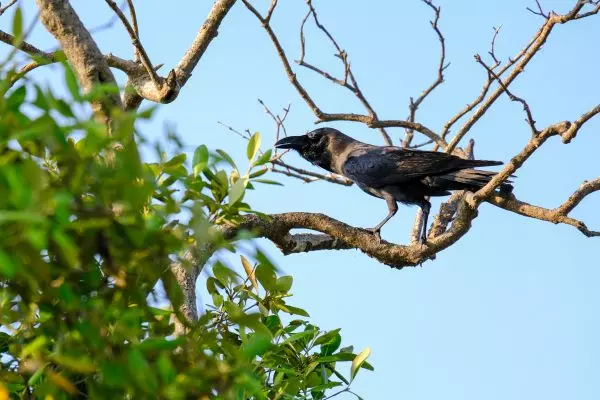
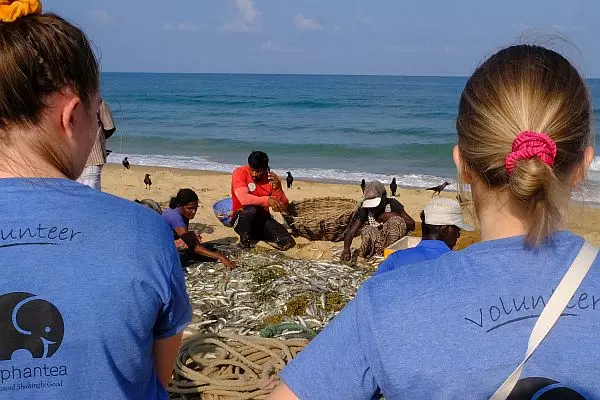
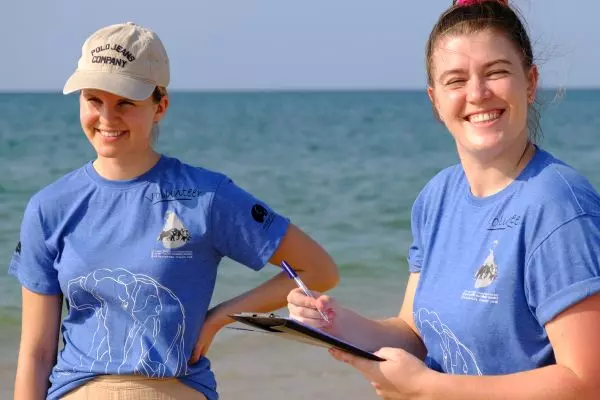
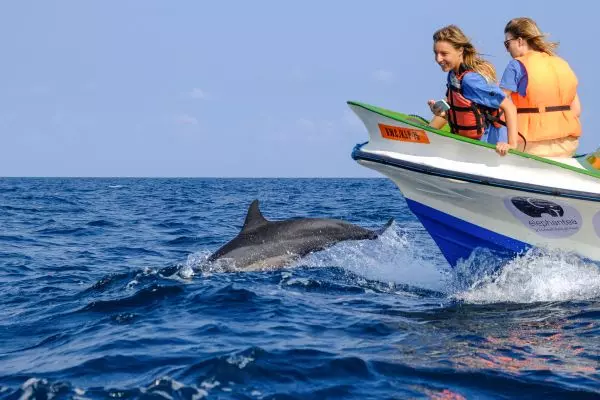
Itinerary
Accommodation
Accommodation
As a volunteer, you'll stay in a nearby, family-run beach resort in Kalpitiya. Volunteers will be allocated rooms on a twin-share, and same-sex basis (unless volunteering as a couple). Some rooms are equipped with air conditioning, others will have fans. Universal plug points and fresh linen are provided, and the private bathrooms have a western-style toilet and hot showers available. Around the resort, you can settle in a hammock or walk adjacent to the waves in your free time, and with weekends at your leisure, you can always arrange some exciting activities through the hotel (at an additional charge) such as snorkeling, diving, or windsurfing!
Meals & Beverages
Volunteers will have three meals a day provided for them, usually served buffet-style, allowing you to try a mix of local and Western cuisine. You can expect some ethically sourced, fresh fish dishes, though vegetarian and vegan diets can be accommodated with prior notice. Some days, you'll be provided packed breakfasts or lunches to make the most of your time in the field. You'll have access to coffee, tea, and water and can purchase extra snacks or soft drinks in town and store them at the resort. Bon appétit!
Project Details
WHEN IS THE BEST TIME TO VOLUNTEER?
For ideal weather, the best time to visit Kalpitiya is during the dry months running from January through to September. Kalpitiya is blessed to have dolphin visitors all year round but the ‘high’ season runs from December to mid-April when the ocean is calmer, and you may be lucky enough to spot rare sperm whales in this period and see large schools of spinner dolphins from the shore. November to March sees the bird migration period, so those who wish to spot some of Sri Lanka’s incredible bird species may want to keep this in mind.
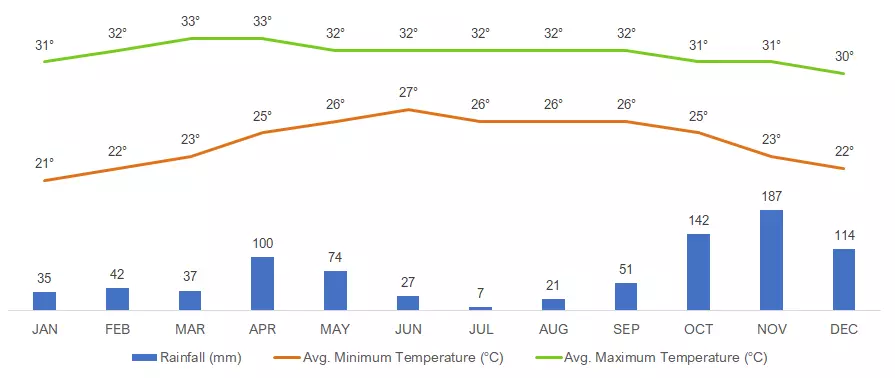
GETTING THERE
You will need to arrive in Colombo on a Sunday, where you'll be met at the airport and transferred to a hotel in Ambepussa where you'll spend your first night. The following morning (Monday) you will be met at your hotel at 6am by a member of the team and be transferred by a private vehicle to the project site. Please note, departure transfer is not included but can be arranged for an additional fee.
VISA REQUIREMENTS
All visitors to Sri Lanka require a visa. Short-stay visas of up to thirty days can be obtained online via the Electronic Travel Authority and can be extended for up to three months at the Department of Immigration and Emigration in Sri Lanka. Please note, your passport must be valid for at least six months from the date you arrive in Sri Lanka.
FITNESS & SKILLS
No specific skills or experience are required to join this project; all we ask is that you arrive with a positive attitude, the ability to work in a team, and a passion for marine wildlife!
VACCINATIONS
The vaccinations required for travel will depend on your medical history. We recommend that you consult with your GP/Doctor regarding your own vaccination needs.
Videos
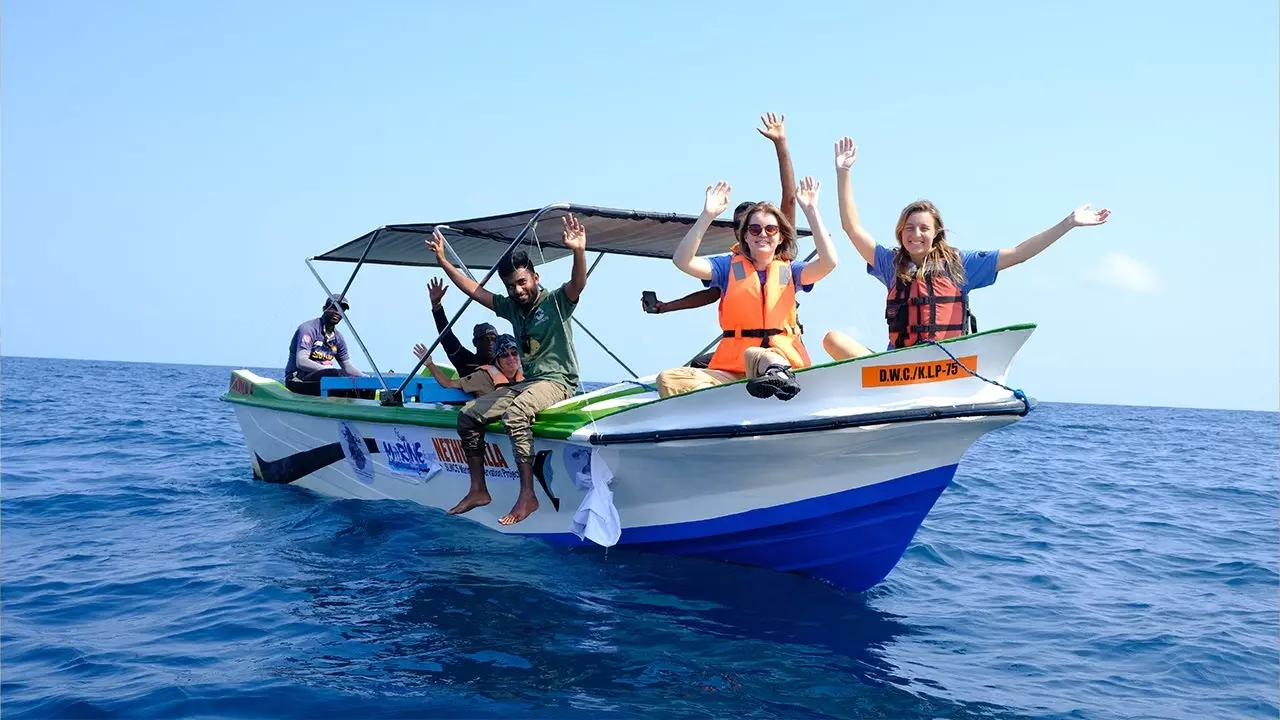
Sri Lanka Marine Conservation Project
Co-ordinator Charuka explains how the Sri Lanka Marine Conservation Project helps to protect the marine ecosystem and the livelihoods of the people who live there. Discover how you can get involved in building the foundations for a sustainable future.
Gallery
What's Included
- Accommodation
- Arrival airport transfer and accommodation in Ambepussa
- Transfer from Ambepussa to the project site
- Three meals per day
- Full orientation and support from the project managers
- A contribution to the project
What's Not Included
- Flights
- Travel Insurance
- Departure airport transfer





























